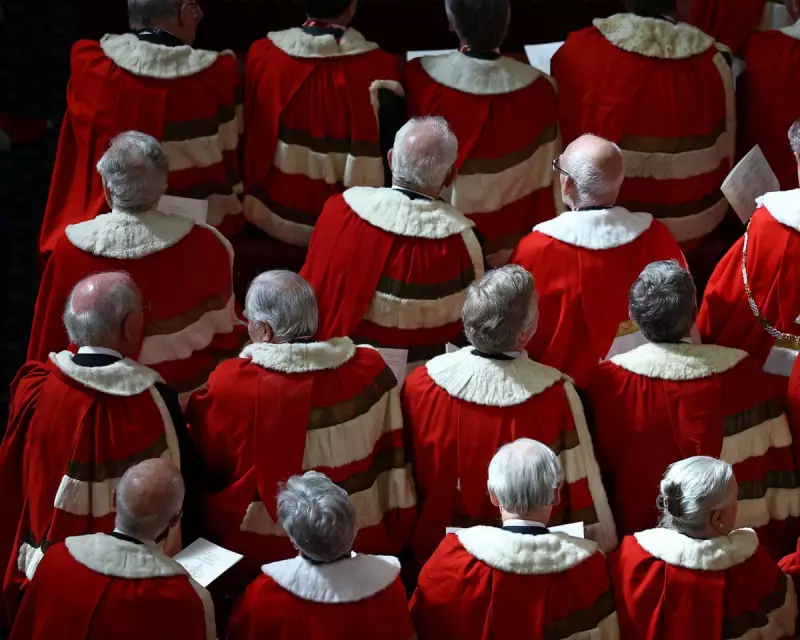
Peers Face Suspension in House of Lords Lobbying Scandal
Two members of the House of Lords have been suspended for breaking parliamentary rules on lobbying, following undercover investigations by the Guardian. Lord Dannatt, the former head of the British army, and Lord Evans of Watford were found to have offered to use their positions to arrange introductions to ministers for a potential commercial client.
Breach of 'Personal Honour'
A parliamentary watchdog ruled that their actions constituted lobbying for personal profit, a clear violation of the fundamental principle that peers must act solely in the public interest. Both men, steeped in the culture of the Lords, insisted they had not broken the rules, yet the commissioner found their conduct fell short of the required standard of 'personal honour'.
During conversations with undercover reporters posing as property developers, the peers avoided the term 'lobbying', instead using phrases like 'generate an introduction' and 'facilitate a conversation'. Lord Dannatt, a peer since 2011, boasted he would 'make a point of getting to know' the right minister. Lord Evans, a member since 1998, noted it was 'great being a Labour peer' with friends in senior government jobs.
A System Ripe for Exploitation
This incident highlights a broader, systemic issue within the unreformed House of Lords. Unlike MPs, peers are not salaried but can claim a £371 daily allowance, incentivising them to seek outside income. The official rationale is that external roles bring valuable expertise into the chamber.
However, the reality is different. A minority of peers do most of the legislative work, while others rarely contribute. Lord Evans has spoken only twice since 2019. The system allows individuals to profit from their title, access, and insider knowledge without democratic accountability.
The Guardian's wider investigation found that one in ten peers are paid for political advice. High-profile examples like former chancellor Philip Hammond, who holds numerous external roles, show that the problem is not confined to a few bad actors.
Calls for Reform Stalled
While the Lords has slowly tightened rules after previous scandals, it remains fundamentally unreformed. In opposition, Keir Starmer promised to abolish the 'indefensible' chamber, a pledge that has since softened to a commitment to reform.
The only concrete proposal currently advancing is the removal of hereditary peers. More significant changes—such as introducing a retirement age, participation requirements, and an overhaul of the appointments process—have been kicked into the long grass of a select committee.
Until the same restrictions on second jobs applied to MPs are extended to the Lords, it seems unlikely that appeals to 'personal honour' alone will prevent further breaches of lobbying rules by peers.





